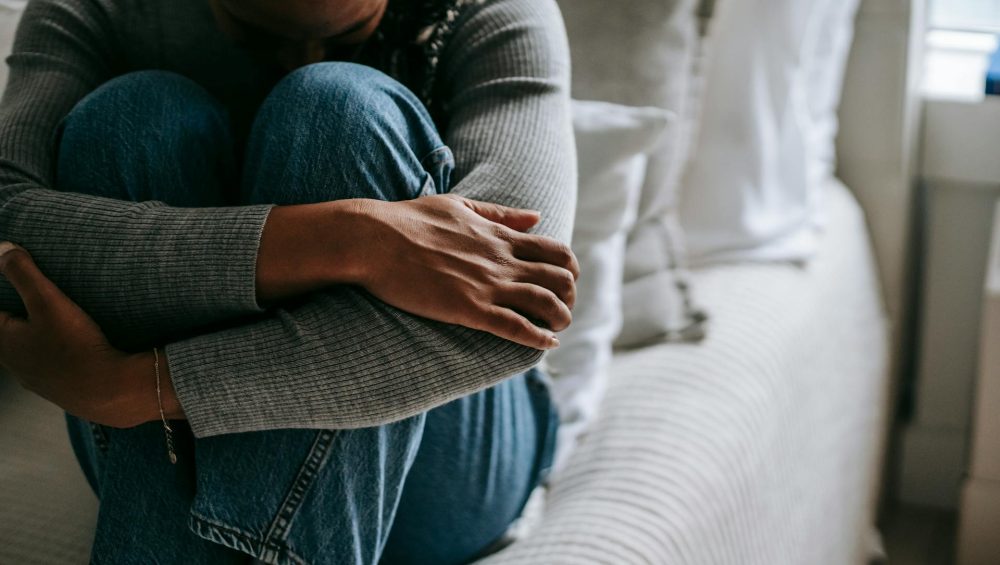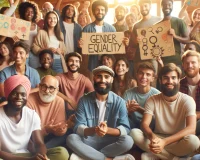Sexual and gender-based violence (SGBV) remains a pervasive issue affecting individuals and communities across the globe. In Akwa Ibom State, the challenge is particularly acute, with numerous cases reported each year. Addressing this issue requires a concerted effort from government agencies, non-governmental organizations, community leaders, and individuals.
What is Sexual and Gender-Based Violence?
Sexual and gender-based violence refers to any harmful act directed at an individual based on their gender. It includes a wide range of abuses such as sexual assault, domestic violence, trafficking, and harmful traditional practices. SGBV can happen to anyone, regardless of age, gender, or socio-economic status, though women and girls are disproportionately affected.
The Impact of SGBV
The consequences of SGBV are profound and far-reaching:
- Physical Health: Victims may suffer from injuries, sexually transmitted infections, unwanted pregnancies, and other health issues.
- Mental Health: The trauma of SGBV can lead to long-term psychological effects, including depression, anxiety, post-traumatic stress disorder (PTSD), and suicidal thoughts.
- Social and Economic Impact: SGBV can isolate victims from their communities, hinder their ability to work or attend school, and lead to economic instability.
- Community Well-being: High rates of SGBV undermine the social fabric, leading to a climate of fear and mistrust within communities.
Addressing SGBV in Akwa Ibom State
Efforts to combat SGBV in Akwa Ibom State involve multiple stakeholders working together to provide support to victims, raise awareness, and implement effective prevention strategies. Key initiatives include:
- Legislative Framework: The Violence Against Persons (Prohibition) Act, 2015, provides a robust legal framework for addressing SGBV. Efforts are ongoing to ensure its full implementation in Akwa Ibom State.
- Support Services: Numerous organizations offer support services for victims, including medical care, counseling, legal assistance, and safe shelters. These services are critical for helping victims recover and rebuild their lives.
- Awareness Campaigns: Raising awareness about SGBV is crucial for prevention. Campaigns aim to educate the public about the forms of SGBV, their consequences, and the importance of reporting incidents.
- Community Involvement: Engaging community leaders and members in discussions about SGBV helps to challenge harmful norms and practices that perpetuate violence. Community-based interventions are essential for creating lasting change.
- Training and Capacity Building: Training programs for law enforcement, healthcare providers, and other stakeholders enhance their ability to respond effectively to SGBV cases. Capacity building ensures that those on the front lines have the skills and knowledge needed to support victims.
How You Can Help
Combatting SGBV requires a collective effort. Here are some ways you can contribute:
- Educate Yourself and Others: Learn about the signs of SGBV and share this knowledge with your community. Awareness is the first step towards prevention.
- Support Victims: Offer support to victims in your community. Listen to them, believe them, and help them access the services they need.
- Advocate for Change: Join advocacy efforts to strengthen laws and policies that protect against SGBV. Support organizations working to end violence and promote gender equality.
- Challenge Harmful Norms: Speak out against harmful gender norms and practices that perpetuate SGBV. Encourage respectful and equitable treatment of all individuals, regardless of gender.
Addressing sexual and gender-based violence in Akwa Ibom State is an urgent priority that requires the involvement of everyone. By understanding the issue, supporting victims, raising awareness, and advocating for change, we can create a safer and more equitable society for all. Together, we can make a difference.
For more information and resources on how to get involved, please visit [Your Organization’s Website/Contact Information].
Let us stand together against SGBV and build a future free from violence.






